Sexting; Why Are Kids Doing It?
Learning about attraction is part of growing up….. we all went through it, whether experimenting with short skirts and makeup or spending a fortune on Clearasil products and stealing cigarettes to smoke them on the back of the school bus. Pushing boundaries is a part of growing up.
We all had to be taught not to talk to strange men and not to accept lifts or sweets from strangers. We also often had to learn how to deal with bullies and even how not to give in to pressure for sex.
None of these potential threats are new in themselves, but smartphones have added some powerful new elements into the mix which parent need to grasp in order to make their kids resilient in the online world.
Sexting has become so common among young people, and has caused so much anxiety and depression when things have gone wrong, that the Home Office have started a national drive called “Disrespect Nobody” to raise awareness and to help young people recognise the dangers.
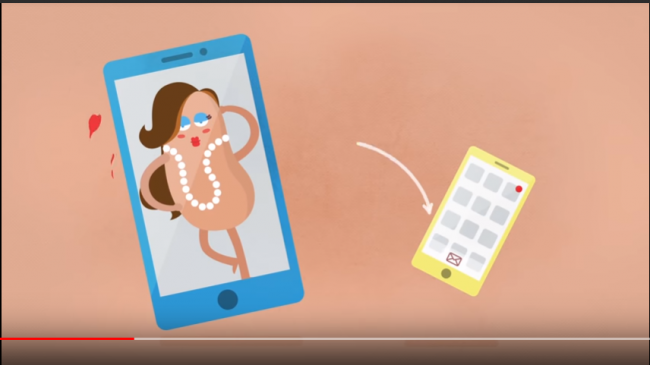
How it Happens
Sexting – or “sending nudes” as the kids themselves call it – between young people and children is so common that they often have difficulty understanding that it is anything unusual or wrong about it.
It usually happens within the context of a romantic relationship, often as a proof of love and trust. Often a boyfriend will put pressure on a girlfriend along the lines of “everyone is doing it”, or “you would if you love me”.
Long-term thinking and wisdom has never been a strength of young people (including ourselves when we were kids) and many of the risks will not have entered their heads.
Particularly the risk of what happens when that teen relationship breaks up? What if the boyfriend sends it round his mates? The school?
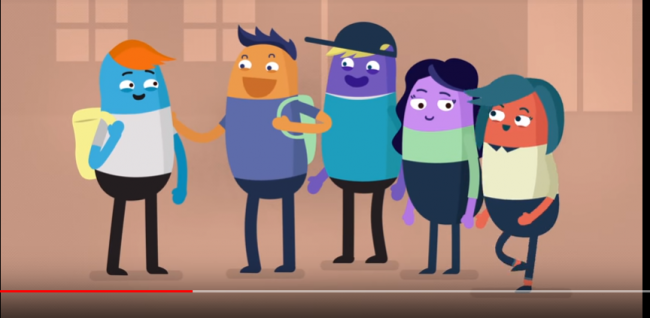
Talking to your Kids About Sexting
Its going to be a difficult and embarrassing thing for them to talk to you about, especially if they have already been involved in sending and receiving nudes. But just let them know the risks;
1. It is illegal. That means it is actually illegal for them to take, store and send a photo of themselves.
2. It is always abusive (as well as illegal) to forward a pornographic image of any other under 18 year old to someone else. Even if they have the nude person’s permission.
3. If they send a photo of themselves to a boyfriend or girlfriend they lose control of that photo. Forever. It could be sent around the school; their teachers could see it, family members could see it. It could harm their prospects of employment. It could harm their application to a college.
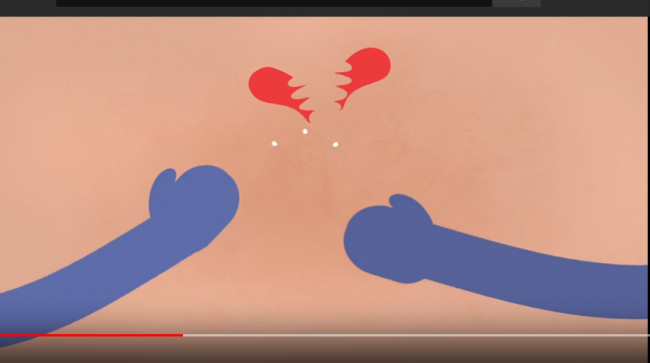
4. If sent to a romantic partner, what happens when they break up? Revenge porn, while illegal, is common.
5. Let them know that no one should ever be pressured into sending a nude photo.
6. Let them know that no one should have to receive unwanted nude photos from anyone else.
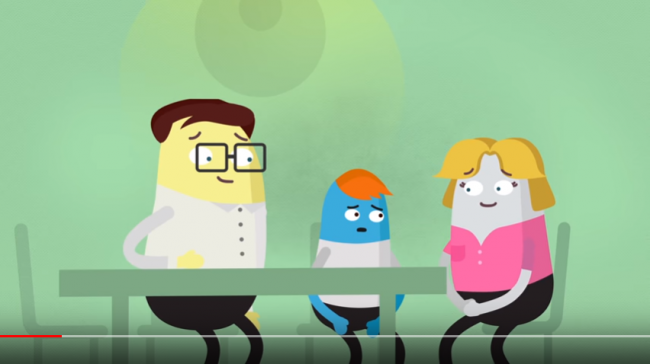
Practical Steps you Can Take Together
1. A lot of kids share nudes on Snapchat in the belief that it can’t be screenshotted without them knowing. It can. Either show them a video from Youtube showing how it can be done (there are lots) or download Snapchat and show them yourself.
2. Show them how to block people on whichever apps they use (see our series, links below). Show them how to report unsuitable content.
3. Put parental controls in place on whichever apps they use
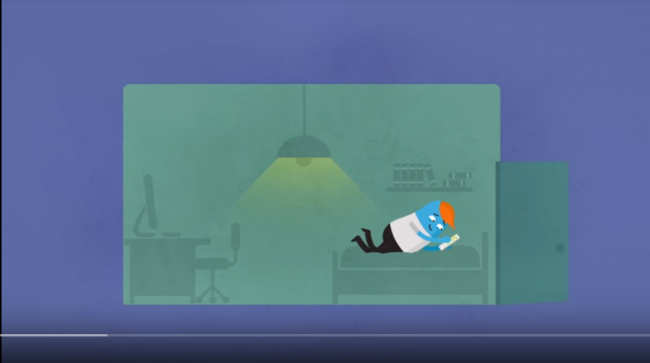
The Family Smartphone Agreement
Put together an age-appropriate family agreement in place which includes an agreed approach to:
– how much screen time per day
– which parental controls and settings they must have
– strictly no smartphones in bedrooms or overnight
– which apps and games they can have, and which they can’t
– not to take, or to forward, indecent images of themselves or others
– to not demand indecent images of others
– not to send bullying or threatening messages or posts
– to not use racist or discriminatory language in any messages or posts
Be aware in return they might also want to put a ban on you posting any image of them on your social media. Earlier this year, Gwyneth Paltrow’s teenage daughter Apple publicly told her mother off for posting a photo of her online to her 5 million Instagram followers. You may not have that many followers but your child may be more embarrassed about you posting his or her triumphs and failures on Facebook than you realise.
Stranger Danger and The National Crime Agency Child Exploitation Online Protection (CEOP)
Last, but by no means least, there is always a risk that an online sexual predator can get hold of a compromising image of your child and use it to blackmail him or her to perform increasingly extreme pornographic acts.
Even if they never meet in real life – the most dangerous possibility of all – this could result in long term emotional and mental harm to your child.
In order to further shore up your child’s resilience, let them know that you are for them, you are on their side, and they can trust you and come to you if they are ever afraid. No matter what kind of picture or video they have sent. If that is not enough let them know they can always contact Childlline to talk. Furthermore it may be possible for Childline to get images removed from the internet.
NCA-CEOP have put together a fantastic set of four videos to help parents tackle the problem:
1. Understanding why
-
Talking to your child
-
When should you be worried?
-
How to get help







